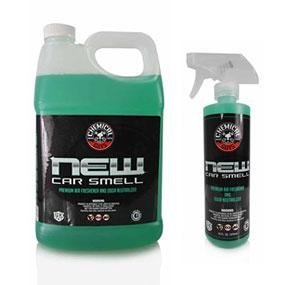ERD50
Give me a museum and I'll fill it. (Picasso) Give me a forum ...
I think those older turbos hold up due to the relatively low boost that they are pushing, maybe 5-7 psi? I run 19 in mine. Thinking about a bigger tmic and header so I can go 25psi or so on e85
Could be, I don't know how much boost mine provides. But if I remember to do it, I can find out and report back.
I have one of those bluetooth dongles that plugs in the OBDII port, and an app ("DASH") on my tablet that provides all sorts of real time data on the engine in addition to any failure codes, and I was looking at the boost pressure last time I used it, but I don't recall the numbers.
What driving condition would you expect max boost? Flat out acceleration from a stop, after enough time for the turbo to spin up?
I'll try to get it to record it to a file so I don't need to try to monitor it while driving.
-ERD50

